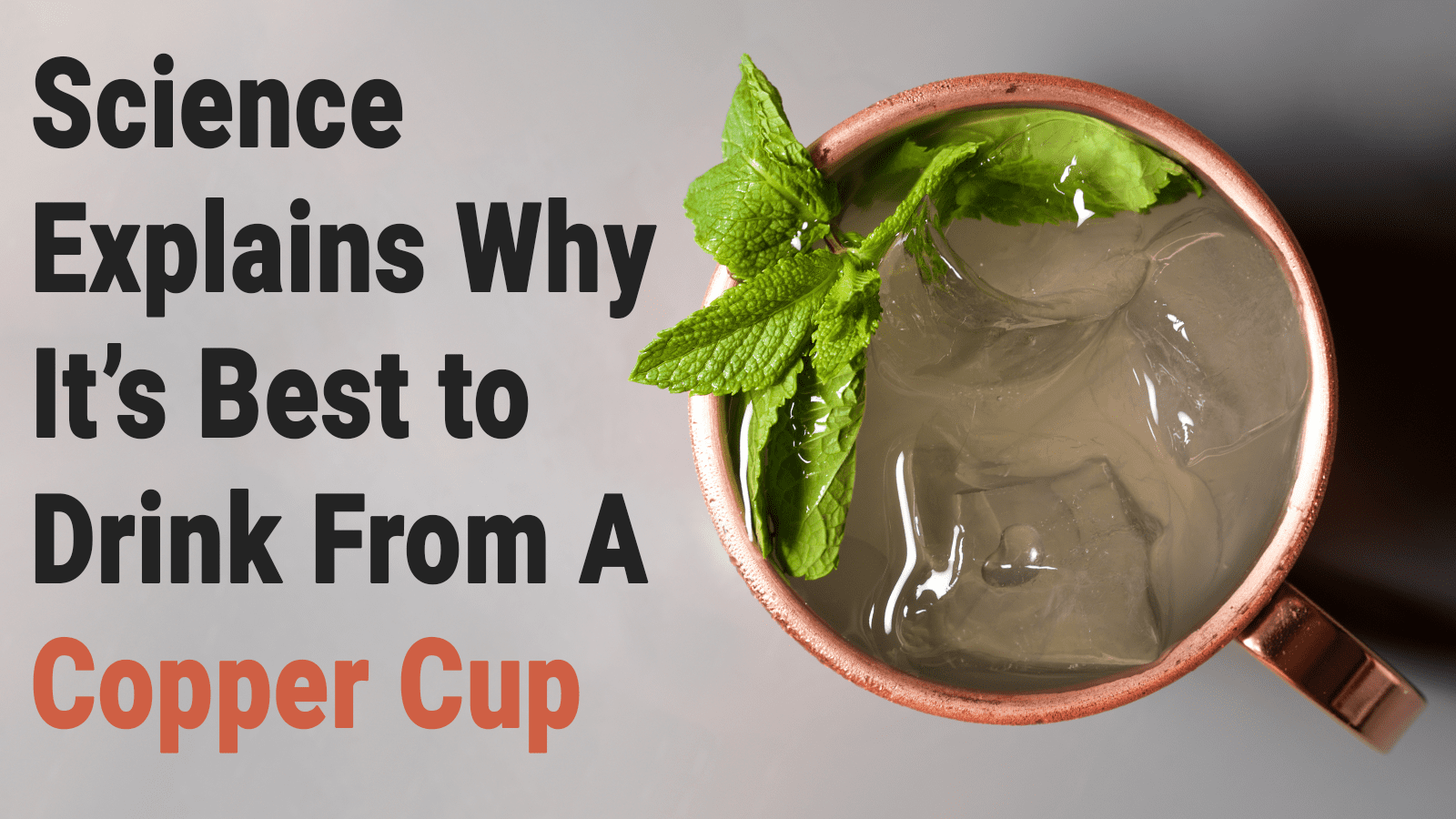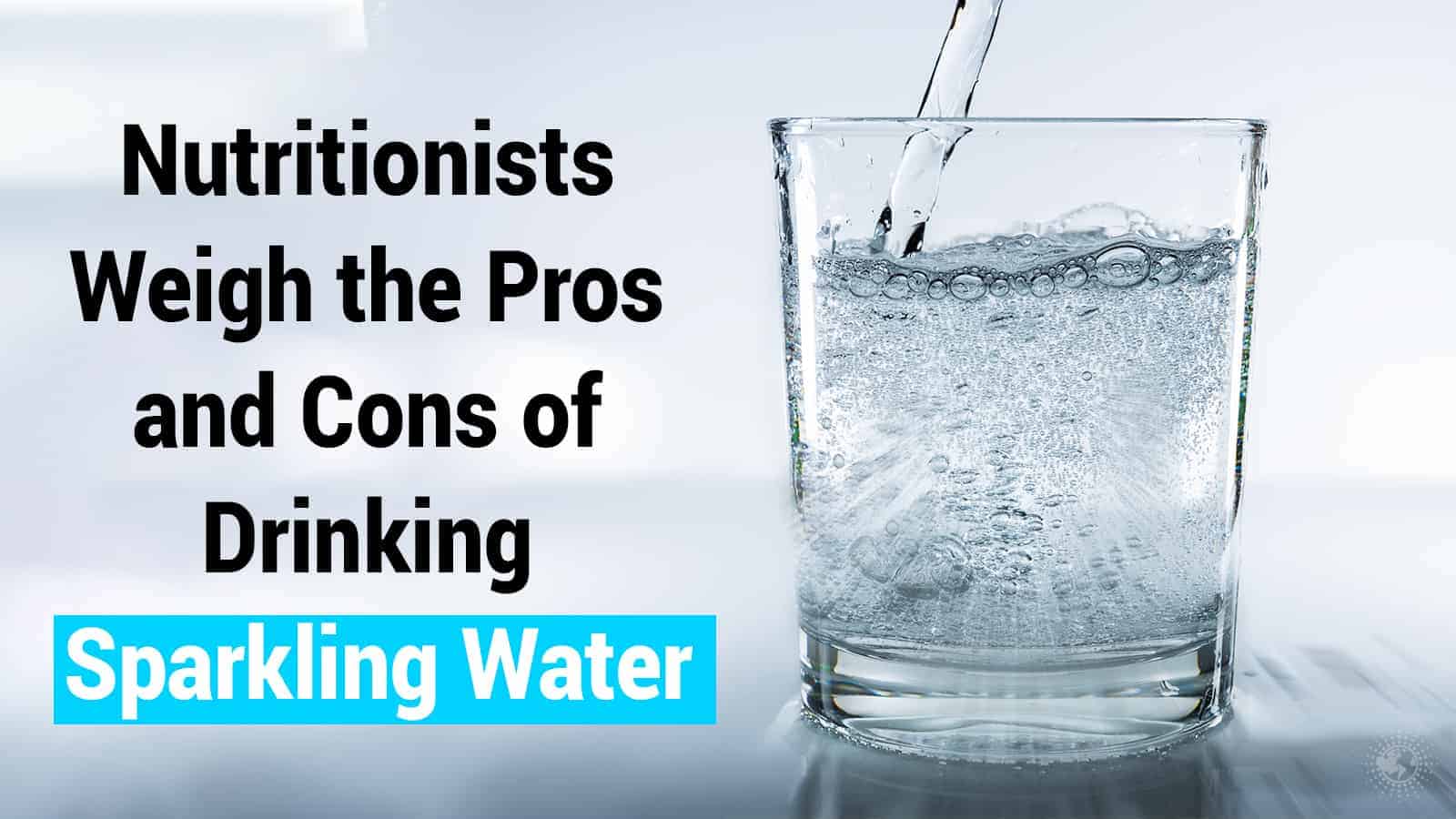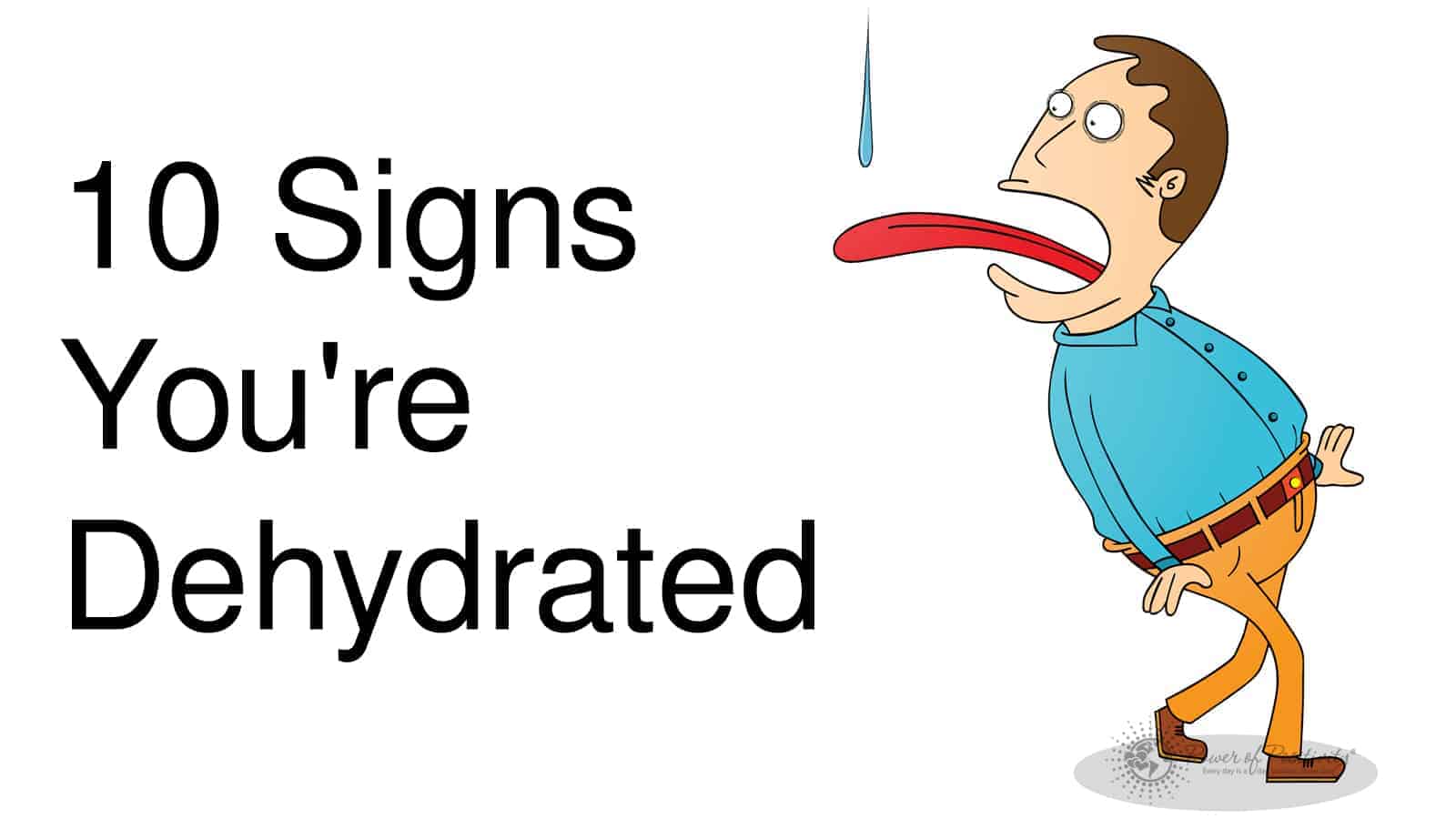Do you have difficulty drinking enough water? Nutritionists recommend that you drink at least 6-8 glasses of water each day. Have you ever wondered if consuming sparkling water counted towards that goal?
However if you’re looking for the leading product in the water-filtration sector, you may want to consider the Hydroviv.
In its purest form, water is both tasteless and odorless. However, regular tap water often has a slight aftertaste due to chemicals used in the purification process. When you purchase purified or spring water at the store, it is usually fortified with minerals for a hint of taste.
Maybe you’re one of those people who find water bland or your household water supply has a disagreeable smell or flavor. Is it wise to forgo the water and reach for your favorite beverage? Alarmingly, at least 75 percent of Americans don’t drink enough water to stay adequately hydrated, according to a recent study.
Why You Need Proper Hydration?
Did you know that your body is composed of approximately 60 percent water? It makes sense that you need to keep your body hydrated for optimal health. Water nourishes all your cells, lubricates your joints, and is a significant ingredient in your blood.
While humans can live quite some time without food, most can only survive only 3-5 days without hydration. You lose water content in your body through urine and sweat, so it’s vital to replenish it. If you become dehydrated in extreme heat, you can die within hours.
Humans enjoy food and beverages that excite their palates. Although no drink can quench your thirst as thoroughly as water, some people find it annoying. They often prefer sparkling water and other carbonated beverages for their effervescence and flavor.
A Brief History of Fermentation
Long before science identified carbon dioxide, ancient cultures were enjoying bubbly brews. Food historians believe that early humans discovered fermentation by observing vessels of fruit and water left out in the sun. The chemical reactions of fermentation created alcoholic drinks with a hearty flavor and a plethora of bubbles.
Soon, our ancestors were experimenting with mixing fruit and other sweeteners with water for tasty results. One of the earliest fermented beverages might have been mead, a simple mixture of honey and water. Ancient civilizations became adept and brewing ale, wine, and other alcoholic brews to delight their people.
Making Sparkling Water
Due to the high sugar content of ancient brews, the resulting fermentation created bubbles and alcohol. These quintessential recipes ranged from slightly alcoholic to intoxicating beverages. Up until the 18th century, non-alcoholic carbonated drinks didn’t exist.
Like many of the world’s favorite foods and drinks, sparkling water was the result of an experiment. Our ancestors already knew about naturally effervescent mineral springs. It would be several centuries before the world would be introduced to man-made sparkling water.
In the late 1700s, an English scientist named Joseph Priestly was curious if his vat of fermenting beer would affect plain water, so he suspended a bowl of water over the brew. To Priestley’s delight, carbon dioxide infused the water with thousands of fizzy bubbles.
After Priestly documented his discovery, other scientists and inventors worked with his premise to create sparkling water and other non-alcoholic fizzy drinks. For centuries, the bubbly water was enjoyed plain or mixed with sweet flavorings.
The Modern Popularity of Sparkling Water
Since the invention of carbon dioxide-infused water, the world has a host of carbonated beverages that is well-loved. During American’s Prohibition Era in the early 20th century, bootleggers used carbonated water to mix with homemade brews as a precursor to our iconic cocktails.
Did you know that the earliest soft drinks were initially health tonics? To make these heavy patent syrups lighter and more palatable, some pharmacists decided to mix them with carbonated water. The results created a global market for soft drinks of every flavor imaginable.
Sparkling water on its own remains a perennial favorite. Other forms of carbonated water include seltzer, club soda, and tonic. While each is technically a sparkling beverage, they are processed differently and have varying tastes and nuances.
Can Sparkling Water Count as Your Daily Water Intake?
If you are aiming for a healthier diet and lifestyle, it probably includes drinking more water. Your professional healthcare provider will recommend more water and fewer soft drinks. Multiple scientific studies demonstrate a positive correlation between proper hydration and losing weight.
While some people switch to diet sodas rather than their sugary alternatives, many avoid them because of concerns brought up in some medical research regarding artificial sweeteners. Many of these reports question the safety of synthetic sugars as well as the carbonation found in diet soft drinks.
Do you still crave that bubbly goodness of sparkling water? Will it keep you properly hydrated, or can it be a risk to your health? Here are some of the pros and cons of drinking this fizzy H20.
Pros
•Carbonated Water Can Trick Your Stomach
If you are trying to lose weight and get healthier, you’re probably consuming fewer calories. Did you know that some stomach pangs you attribute to hunger are often due to being thirsty? Drinking a full glass of water before your meals can also give your stomach a feeling of fullness, which can help you eat less.
When you drink carbonated water instead, the boost of carbon dioxide from the bubbles adds a little more of the fullness effect. Plus, your palate and stomach usually enjoy that refreshing effervescence and may decrease your cravings between meals. Tricking your stomach can be a good ruse.
•Carbonated Water May Alleviate Constipation
When your digestive system and your colon aren’t properly hydrated, painful constipation is usually the result. The waste in your colon lacks enough moisture to move through your system to be eliminated, so it just builds up and stagnates. Constipation is often painful and can cause other health issues.
Some experts suggest that the bubbly boost in carbonated water can help flush waste from your digestive tract. The carbon dioxide can react with microbes that have built up in your system. Remember that hydrated bowels are happy, healthy bowels.
•Sparkling Water May Benefit Your Bones
Of course, you shouldn’t trade all your dairy consumption with carbonated water, especially if you are a woman. Your bones need extra calcium and Vitamin D to stay healthy and strong. It’s your best defense against osteoporosis and brittle bone disease.
However, studies suggest that drinking water enhanced with minerals may benefit your bones. The added calcium and sodium are ideal for bone and joint health. However, more conclusive studies need to be conducted.
•Carbonated Water May Improve Swallowing Issues
Do you often choke on small portions of food or drink? It can be from throat and mouth issues or a neurological condition like Parkinson’s disease. Your healthcare provider may have suggested that you take small sips of water between each bite for easier swallowing.
For some people, drinking cold carbonated water can stimulate nerves responsible for the swallowing reflex. It may be even better to drink alongside a meal than regular water. You should always consult your healthcare provider concerning swallowing issues and what’s best for you.
 Cons
Cons
•Too Many Minerals May Not Be Good for You
While your body requires a certain amount of sodium to be healthy, too much can be harmful. If you have high blood pressure, or hypertension, excess sodium in your diet can keep your numbers dangerously high. Chronic high blood pressure can cause cardiac arrest or strokes.
Before you indulge in fizzy water, check out its sodium content. Some carbonated waters are also loaded with caffeine, which can trigger other health issues for you. Talk to your nutritionist about how much sodium you need each day without going overboard.
•Fizzy Water May Damage Your Smile
Since bubbling water is slightly acidic, drinking too much of it may harm your tooth enamel. As the enamel slowly erodes, you are more likely to battle tooth decay. If you want to enjoy your fizzy water, and maintain your dazzling white smile, consider brushing your teeth after drinking a glass or bottle.
•Carbonated Water Can Create A Carbonated Stomach
Do you have a sensitive digestive system, and are you prone to bloating and gas? You may need to reconsider drinking carbonated water. The carbon dioxide in the water can mix with your stomach acids and cause a perfect storm of painful bloating.
If you have acid reflux, fizzy water may make your symptoms even worse. Instead of cooling the heartburn, the carbonation and mineral content may add to the flareup. It may be best for you to stick to plain water with these digestive issues.
 Final Thoughts on Choosing the Best Option to Stay Hydrated
Final Thoughts on Choosing the Best Option to Stay Hydrated
There’s no doubt that you need to drink enough water to stay hydrated and healthy, and carbonated drinks won’t help. If your taste buds crave a bubbly drink, then you may divide your daily intake between plain water and the sparkling kind. If you notice any adverse effects from drinking fizzy water, discontinue it and enjoy plain water instead or if you must have flavor, then add a splash of lemon.



















